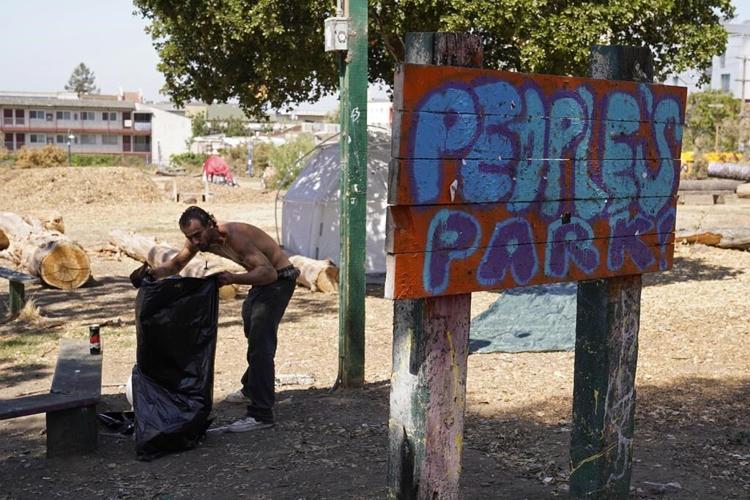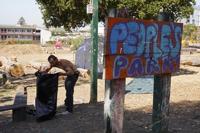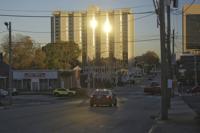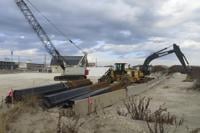SAN FRANCISCO (AP) — California Gov. Gavin Newsom said he'll work this year to reform a landmark state environmental law that he says has been weaponized by wealthy homeowners to block badly-needed housing for students at the University of California, Berkeley.
Newsom’s comments over the weekend followed a state appeals court ruling that found the University of California “failed to assess potential noise impacts from loud student parties in residential neighborhoods near the campus” as required by the California Environmental Quality Act, or CEQA, when it planned new housing near the university.
The 1st District Court of Appeals’ ruling Friday could delay the building of a complex at Berkeley’s historic , which is owned by the University of California, Berkeley, for years or even decades, Newsom said.
The housing complex would accommodate about 1,100 UC Berkeley students and 125 formerly homeless people. Part of the park would be set aside to commemorate its significance in the civil rights movement, university officials have said.
University officials said in they were “dismayed” by the decision and planned to file an appeal with the California Supreme Court, adding that their commitment to building the People’s Park project “is unwavering.”
The university called the appeals court decision “unprecedented and dangerous” because it could prevent colleges and universities across California from building student housing.
The project has faced opposition since its inception and last year two local organizations, Make UC a Good Neighbor and The People’s Park Historic District Advocacy Group, filed a lawsuit against it, citing the CEQA law and saying the university's environmental impact report had not considered the housing complex would bring more noise to the area.
The landmark 1970 environmental law requires state and local agencies to evaluate and disclose significant environmental effects of projects and to find ways to lessen those effects. But in the decades since its passage, critics say the environmental law has been used by opponents of development to block housing and public transit projects.
Newsom said in the law is “broken."
“This law needs to change, and I'm committed to working with lawmakers this year to making more changes so our state can build the housing we desperately need,” he added.
His office offered no additional details Monday about what changes he wants to see — and how soon. The environmental law is often cited as a nuisance but overhauling it is seen as politically perilous. Often, the Legislature passes exemptions for specific projects like sports stadiums to speed development.
Last March, the after the California Supreme Court sided with irate neighbors who sued over the school’s growth. State lawmakers fast-tracked a fix to allow the campus to enroll as many students as planned for the 2022 fall semester, but the legislation did nothing to produce more housing.
State Sen. Scott Wiener, a Democrat from San Francisco, said the appeals court ruling was “horrific" and would have major implications for housing in California because it classifies noise from people as an environmental impact.
“It introduces the idea that people are pollution," Wiener said.
The court ruling, he said, will be abused in a wide range of housing projects in the future.
He said he plans to introduce legislation in the next two weeks that addresses the court's ruling and makes sure that “Pandora's box remains closed.”










































